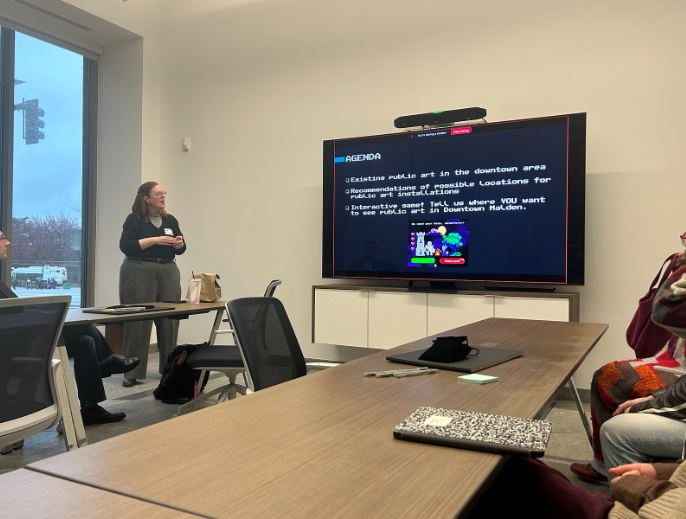
As soon as Donald Trump was named the president-elect in the late hours of November 5th, 2024, the future of several departments, agencies, and programs were placed in question. Among the most controversial of these potential cuts was the elimination of the Department of Education.
The idea of eliminating the Department of Education was not conceived during his 2024 campaign. Dating back to his 2016 campaign during his first run for the presidency, Trump had mentioned the idea. However, this is not even an idea born during the Trump era, this desire for smaller government and elimination of the department dates back to Ronald Reagan and other Republican presidents since who have called for the end of the department.
His rationale behind this cut was that it was essentially a gigantic waste of money. He believed that this was an unneeded part of the federal government, which was overstepping on education when it should be left up to the states.
The entire existence of the department has been debated since its establishment in 1980 by the now-late former president, Jimmy Carter. The purpose of the department was to ensure equal access to education, ensure proper civil rights in schools, and have a more streamlined federal education funding system.

Citation: Mayor Raymond L. Flynn records, Collection #0246.001, City of Boston Archives, Boston. Photo taken from Wikimedia Commons
In the past few months, the department has been back in the news because of Trump’s many threats to eliminate it in its entirety. This could completely destroy the free lunch program and complicate student loans, making college less affordable for millions. Trump is acting with the rich in mind, not the average American.

Massachusetts may be in a better situation because we are one of a handful of states that do not rely heavily on federal funding, and we already have a strongly-established state Department of Education.
Malden’s educators are bound to have strong opinions on this topic since we, as a school district, are diverse and strive to provide services to every student.
English teacher Yahaira Marquez weighed in on the possibility of the department being gone at the federal level, noting that “it’s scary because it is an equity issue. A lot of our funding—about $2 million of our public education funding—comes from the federal government for Massachusetts, and that goes to funding things like the disability programming and resources and supports, things even like the food programs during summer in Malden, students can come and get meals here for free, or the breakfast and everything like that.”
Marquez even brought up that getting rid of the department favors higher-income communities because they are able to raise more money through their higher property taxes and values.
In order to save the department, Marquez affirmed the need to “educate others and help them know this is what we’re really talking about. When we say we won’t have a federal Department of Education, you can say goodbye to all these things” if the department were to go away.

History teacher Courtney Braz is confident that the Commonwealth of Massachusetts will be able to withstand the federal education cuts, as she cited that “the state of Massachusetts has always led the charge with education reform and instituting policies that protect the most vulnerable students,” and these vulnerable students are exactly who are at risk from these cuts.
However, Braz is concerned for students in other states with education departments that are not as strong. After all, the reason the Department of Education was created was to “uphold” certain educational standards and help states fund education who struggle financially.
English teacher Nierika Nims also feels strongly, citing the dismantling of the Department of Education as an “attack on public education” and “anyone who relies on it.” Not only this, but Nims also noted that a “strong public education is essential for a democracy; education shouldn’t be a privilege for the rich and the elite.” This is her main concern, as she sees the rich in the government taking away from the less fortunate children in public education.
History department teacher leader Kurtis Scheer noted there could be elimination of certain services or a reduction in staff, but it is not clear what cuts will actually happen. Scheer commented that it seems like many federal decisions will be “passed down to the states” to decide. Scheer believes there will be “three or four months of uncertainty” as we wait for Trump’s administration to make decisions on what is happening with the department.
Senior Jennifer Slawson spoke passionately about the topic, noting that “I think it has already put a strain on our local education. We have seen the mass firings in the Boston school department, and I think these losses will extend into Malden schools.” Slawson firmly stated that with the new change in policy, we may see more “overcrowding, lack of resources, and maybe the erasure of some classes as a whole.”






